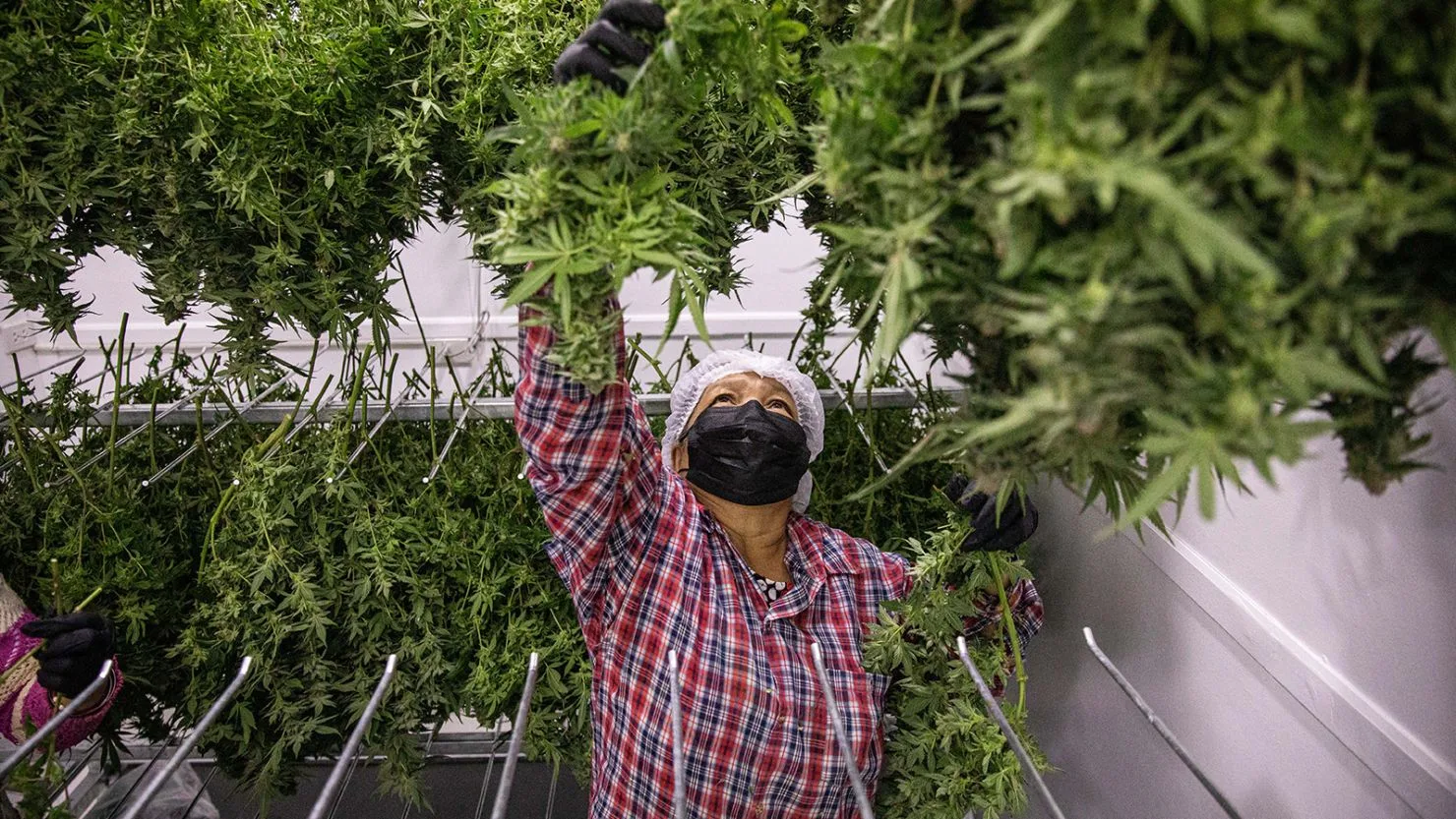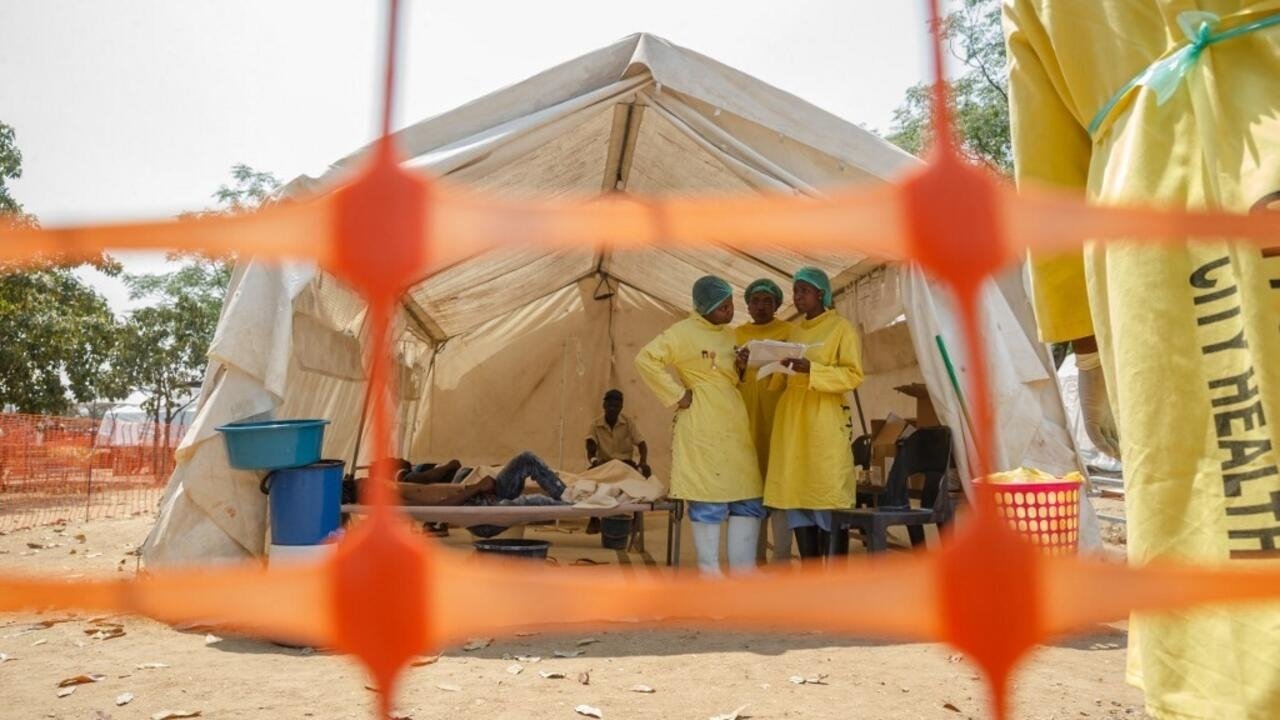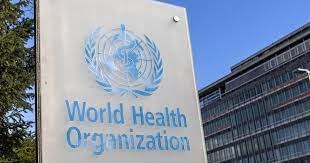Dozens of advocates for cannabis in Thailand have voiced their opposition to the government’s recent decision to reclassify marijuana as an illegal narcotic. This plea comes just a week after the government announced its intention to reverse its previous policy, which had legalized cannabis for medical and research purposes.
Prime Minister Srettha Thavisin has emphasized a shift towards allowing cannabis solely for medical use, citing concerns about addiction and the impact on young people’s futures.
However, pro-cannabis groups, including representatives from the Cannabis Future Network, met with the health minister to express their concerns and urge a reconsideration of the policy reversal.
They argue against bringing cannabis, known as “the people’s plant,” into a regulated system, citing concerns about corruption associated with licensing processes.
Thailand initially legalized cannabis for research and medical purposes in 2018, and later removed it from the national narcotics list two years ago, leading to a surge in recreational use. This legalization prompted the emergence of numerous cannabis cafes and dispensaries nationwide, particularly in tourist areas, fueling a burgeoning industry projected to reach up to $1.2 billion by 2025.
Critics of the rapid liberalization argue that it was implemented without clear regulations or a comprehensive cannabis bill, resulting in confusion and misuse among the public.
Despite the government’s focus on medical use, many cannabis businesses contend that the real issue lies in the lack of clear regulations, advocating for a comprehensive Cannabis Act that addresses safety concerns and supports farmers, retailers, and medical users alike.
The debate over cannabis policy in Thailand reflects broader tensions between public health concerns, economic opportunities, and regulatory challenges surrounding the legalization of cannabis.



